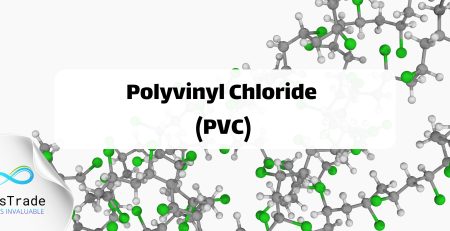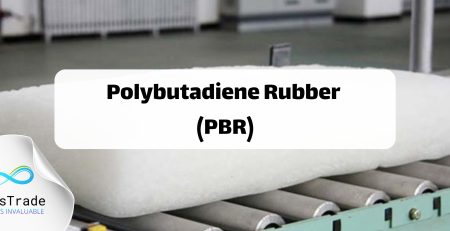Exploring ABS: The Versatile Polymer Driving Innovation in the Petrochemical Industry
In the ever-evolving world of petrochemicals, Acrylonitrile Butadiene Styrene (ABS) stands out as a key material known for its unique combination of properties that make it indispensable in a wide range of industries. From automotive components to consumer electronics, ABS is a thermoplastic polymer with diverse applications, offering unparalleled strength, durability, and performance.
What is ABS?
ABS is a synthetic polymer made by polymerizing three monomers: acrylonitrile, butadiene, and styrene. Each of these components gives ABS its remarkable properties:
- Acrylonitrile contributes to chemical resistance and thermal stability.
- Butadiene provides impact resistance and toughness.
- Styrene ensures ease of processing and enhances the material’s aesthetic qualities.
Why is ABS Important in the Petrochemical Industry?
ABS has earned its place as a high-performance polymer in the petrochemical sector, thanks to its adaptability and broad range of uses. It serves as a foundation for various products, and its demand continues to grow as industries seek more reliable, cost-effective materials. Here are a few reasons why ABS is such a valuable material in petrochemicals:
- Impact Resistance and Durability
ABS is known for its impressive impact resistance, making it ideal for use in products that need to endure high stress and harsh environments, such as automotive parts and industrial applications. - Versatility in Applications
Whether it’s used in the automotive industry, consumer electronics, or packaging, ABS is extremely versatile. It can be molded into complex shapes, which is why it’s widely used in everything from car dashboards to electrical housings and even 3D printing. - Heat Resistance and Stability
ABS is also valued for its resistance to heat, making it suitable for high-temperature environments where other materials might fail. This property makes it ideal for manufacturing components exposed to heat or friction. - Recyclability and Sustainability
As industries are becoming more eco-conscious, ABS’s recyclability has made it an attractive option for sustainable manufacturing processes. Many companies are now turning to recycled ABS for applications in various sectors, contributing to a circular economy.
The Many Derivatives of ABS
ABS’s versatility doesn’t stop at its raw form. There are several derivatives of ABS that enhance its properties, making it even more adaptable to different industrial needs:
- ABS Blends: These blends combine ABS with other materials, improving its resistance to heat, chemicals, or UV light, and often enhancing its mechanical properties.
- Acrylic-Modified ABS: This derivative offers enhanced optical clarity and surface finish, making it ideal for consumer products where aesthetics and durability are important, such as in electronics and medical devices.
- ABS Alloys: These alloys combine ABS with other polymers or materials, improving specific attributes such as strength, flexibility, or impact resistance. ABS alloys are often used in demanding applications, like automotive parts or high-performance tools.
Applications of ABS
The diverse properties of ABS make it an essential material in a range of industries:
- Automotive Industry: ABS is widely used for manufacturing parts such as bumpers, dashboards, and interior components due to its toughness, impact resistance, and ability to withstand heat and wear.
- Consumer Electronics: From TV housings to computer keyboards, ABS’s durability and ease of molding make it the material of choice for electronics manufacturers.
- Packaging: ABS is used in packaging materials, especially in cases and containers that require high-impact resistance, ensuring the protection of sensitive contents.
- Construction and Household Goods: ABS is employed in the construction of plumbing systems, pipes, and fittings due to its resistance to chemical exposure and durability.
Conclusion: The Future of ABS in Petrochemicals
ABS continues to be a vital part of the petrochemical industry. Its versatility, durability, and cost-effectiveness have made it indispensable in numerous applications across multiple sectors. As industries look to innovate and optimize their manufacturing processes, ABS remains a reliable material with a bright future ahead.











Leave a Reply